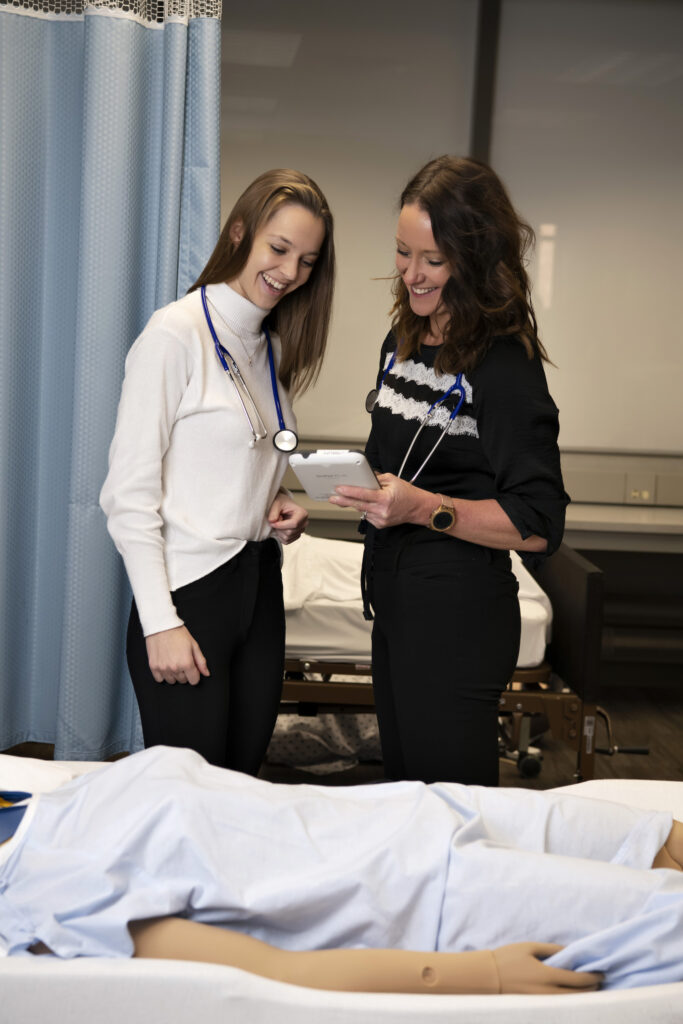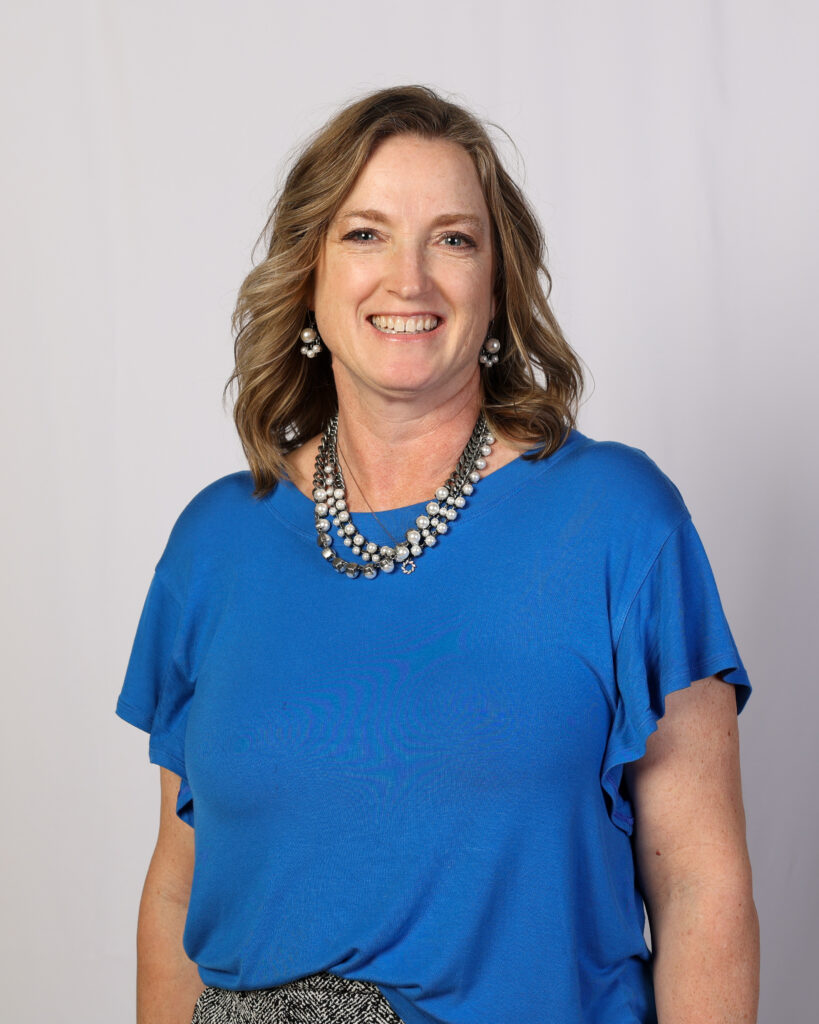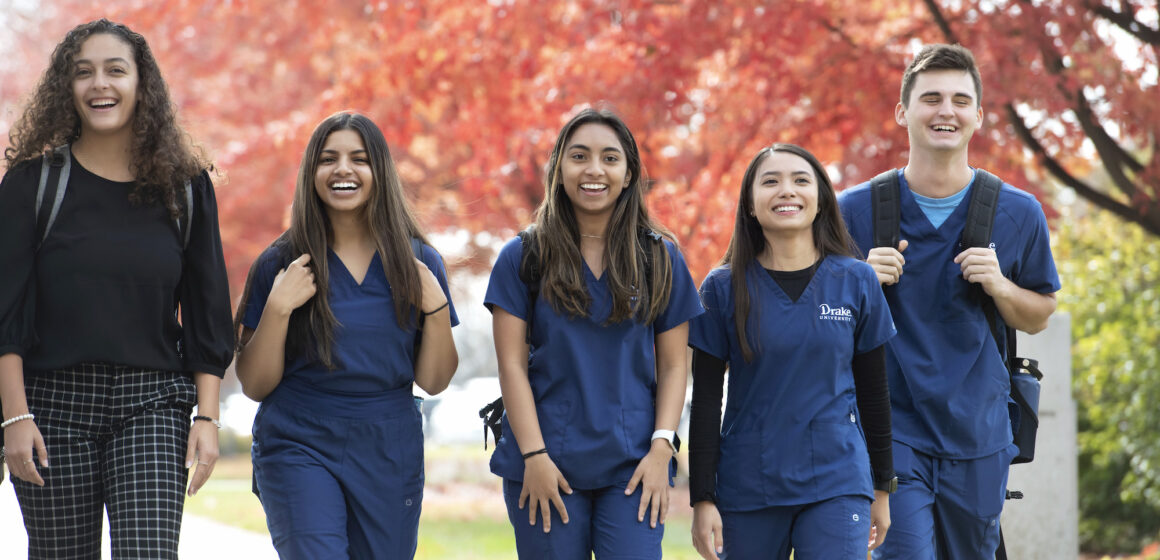Accelerated Bachelor of Science in Nursing addresses growing workforce need
Drake University announced today the launch of a new Accelerated Bachelor of Science in Nursing (ABSN) program that will meet the dynamic interests of current and future students, and address growing workforce needs. The program will begin in the Fall 2024 semester.
“At Drake, we are committed to evolving our academic offerings to meet both student interests and societal needs,” said Drake University Provost Sue Mattison. “New pathways like the accelerated nursing program deliver on that promise and position the University—and our students—for the future.”

Flexible Pathways, Dual Degrees
Students have two options to complete the degree. Those that have the prerequisites completed, with or without a Bachelor of Science degree, can begin the 12-month ABSN course work. Those that complete the prerequisites at Drake will be able to graduate with two degrees—Bachelor of Science in Health Sciences and a Bachelor of Science in Nursing (BSN)—without needing to transfer to another institution.
Prior to entering the ABSN during their final year, students complete an interdisciplinary curriculum of prerequisites that combines coursework in the biomedical, pharmaceutical, and clinical sciences. This dual-degree model is advantageous to a traditional BSN path in that it offers a great amount of flexibility for students to either enter the nursing field after completing the prerequisites, or further their graduate-level education to pursue additional avenues for fast-growing professions like physicians, nurse practitioners, or physician assistants.
Broadlawns Medical Center will serve as the primary site for clinical rotations in students’ fourth year, further expanding its partnership with Drake after opening a community clinic next to campus in September 2023.

Drake Hires Director, Mary Owens
The ABSN program will be led by Mary Owens, recently hired as the Nursing Program Director. Owens has demonstrated a deep commitment to advancing healthcare through education and practice throughout her nearly 30-year nursing career. She has developed nursing programs at a variety of institutions, including Mercy College of Health Sciences and DMACC Health Careers Academy. Owens holds a Doctor of Nursing Practice, Family Nurse Practitioner degree from Mount Mercy, an M.S. in Nursing Education from Clarkson College and a B.S. in Nursing Science from the University of Iowa. In addition to Owens, the ABSN program will create two new full-time faculty positions. Broadlawns will also dedicate another full-time faculty member to guide students in their clinical work.
Addressing a Critical Education Need
Drake’s ABSN program fills a need in higher education, as well. According to the Academy of Colleges of Nursing, more than 76,000 qualified applicants were turned away from nursing programs nationwide due to a lack of space in 2021. This comes at a time when the Bureau of Labor Statistics is projecting nurse practitioner job growth of 38% from 2022 to 2032, as compared to approximately 2.8% average growth forecasted across all occupations.
“We are in the midst of a massive shift in healthcare in the U.S. — leaning more heavily on nurses and nurse practitioners to deliver care and keep our communities healthy,” said Owens. “The ABSN is uniquely designed to prepare students to fill these needs and to pursue a meaningful career.”
To learn more about the ABSN visit drake.edu/academics/undergraduate/majors/nursing/.


